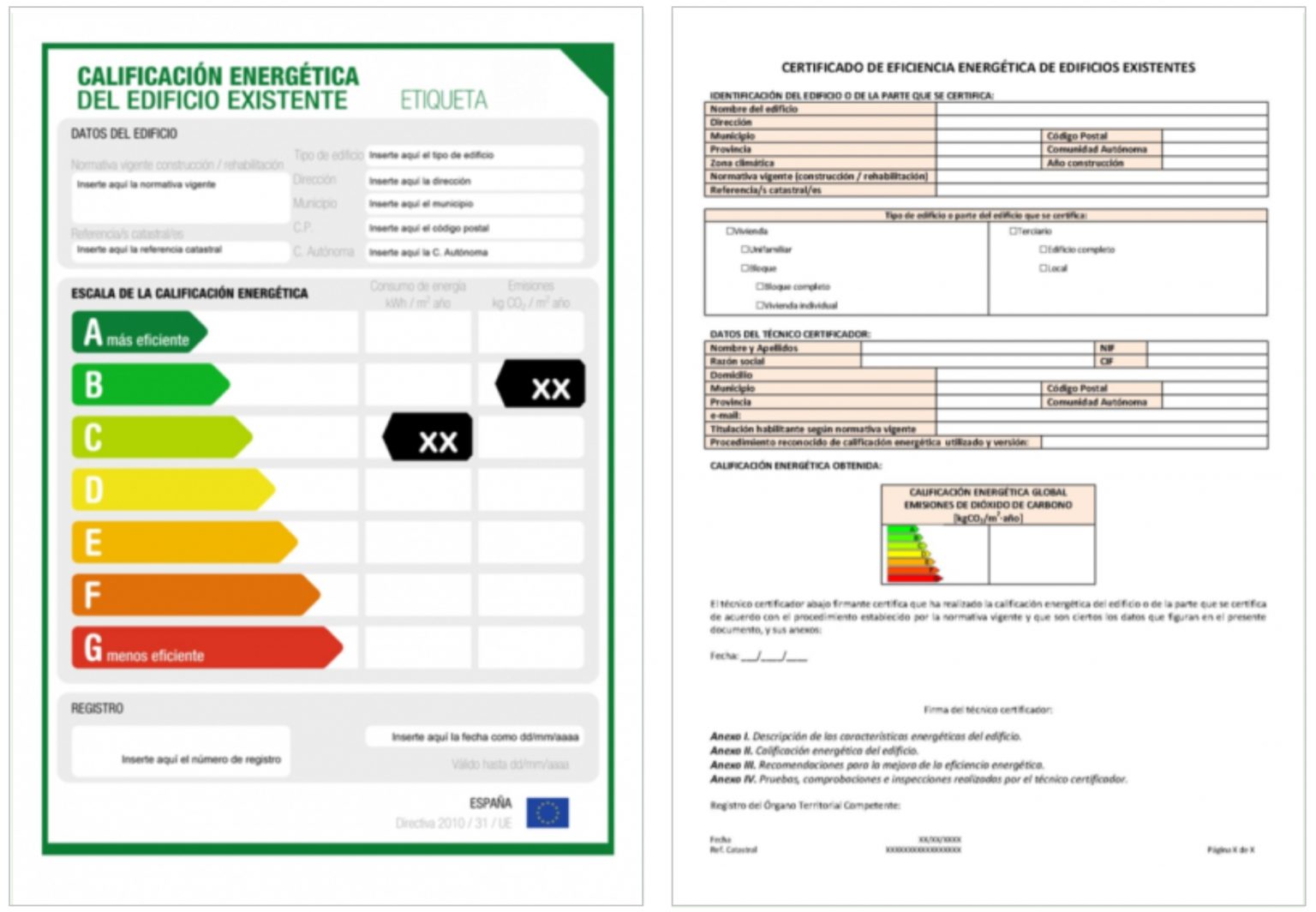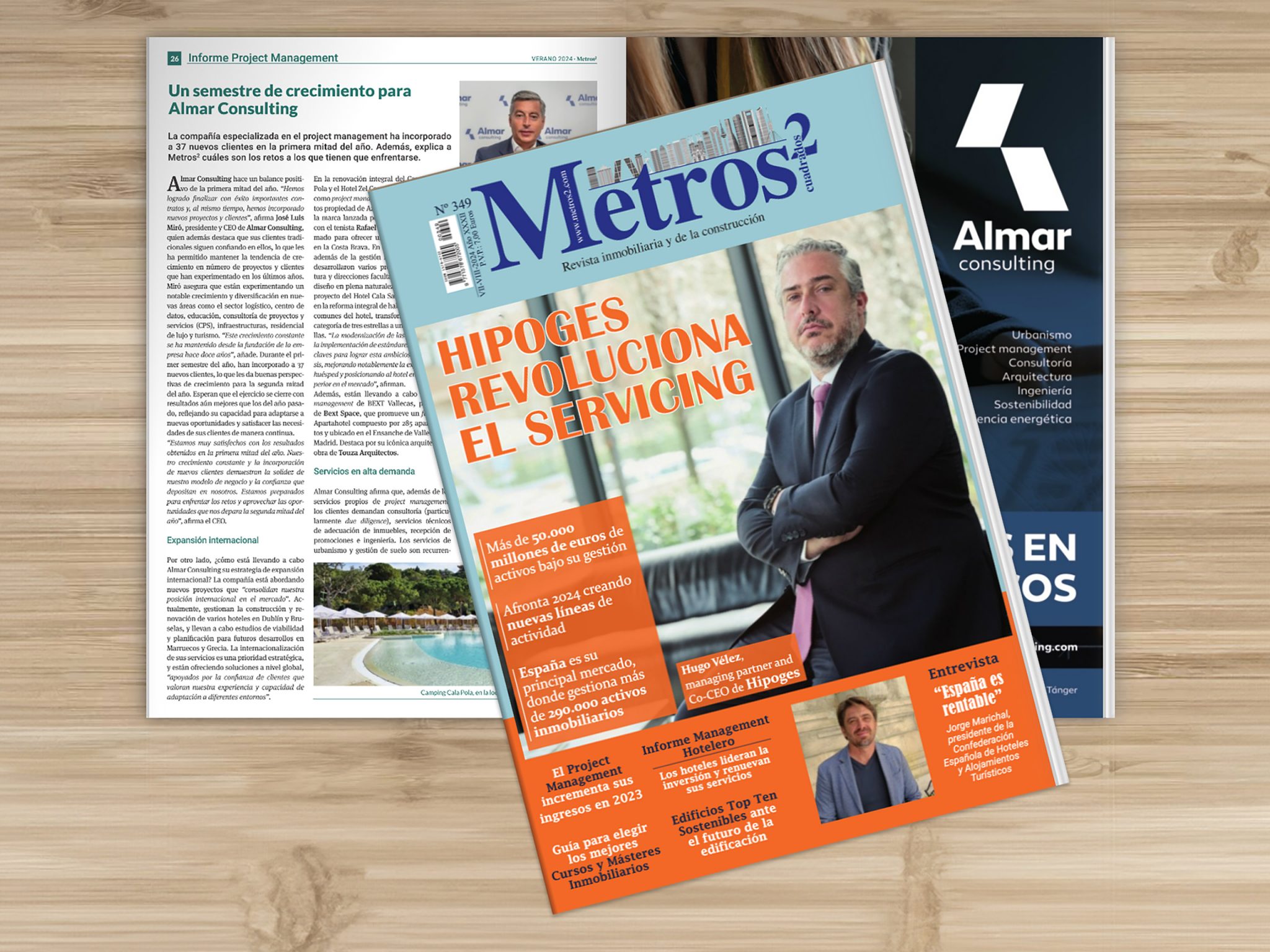Blog

Blog
Blog

Blog
En un mercado inmobiliario cada vez más regulado y exigente, la eficiencia energética se ha convertido en un factor clave para propietarios, compradores e inquilinos. La normativa vigente establece la obligatoriedad del certificado de eficiencia energética (CEE) tanto para viviendas como para oficinas y locales comerciales en operaciones de venta o alquiler. Además, las nuevas directrices europeas exigirán mejoras en la calificación energética de los inmuebles en los próximos años
In an increasingly regulated and demanding real estate market, energy efficiency has become a key factor for owners, buyers, and tenants. Current regulations establish the mandatory energy efficiency certificate (EEC) for both homes and offices and commercial premises in sales or rentals. Furthermore, new European guidelines will require improvements in the energy rating of properties in the coming years.
What is the energy efficiency certificate?
The energy efficiency certificate (EEC) is a mandatory official document that seeks to provide objective information on a building's energy efficiency and CO2 emissions. This information allows for comparison with other properties in the area, encouraging the promotion of more energy-efficient buildings.
The rating is represented on a letter scale from A (highest efficiency) to G (lowest efficiency). This certificate has been mandatory in Spain since 2013 and must be issued by a specialized technician.
When is the energy certificate mandatory?
Royal Decree 390/2021, of June 1, which approves the basic procedure for certifying the energy efficiency of buildings, establishes that this certificate is mandatory in the following cases:

Cases in which it is NOT mandatory
How do I obtain the certificate? Energy?
The process for obtaining an energy certificate is similar for homes, offices, and commercial premises. Follow these steps:
Validity
The energy efficiency certificate will have a maximum validity of ten years, except when the energy rating is G, when it will be valid for a maximum of five years.
How much does an energy certificate cost?
It costs approximately €60 to €250 for homes, depending on the size and location of the property.
New European regulations: how will they affect the real estate market?
It is expected that all homes, offices, and commercial premises for sale or rent must have a minimum energy rating of E.
This means that many properties will need renovations to remain profitable on the market. The most common improvements include:

Benefits of improving energy efficiency before selling or renting
How can Almar Consulting help you?
At Almar Consulting, we advise you throughout the entire energy certification process, from inspection to certificate registration. We also help you identify the best strategies to improve the energy efficiency of your property, ensuring regulatory compliance.



Our newsletter